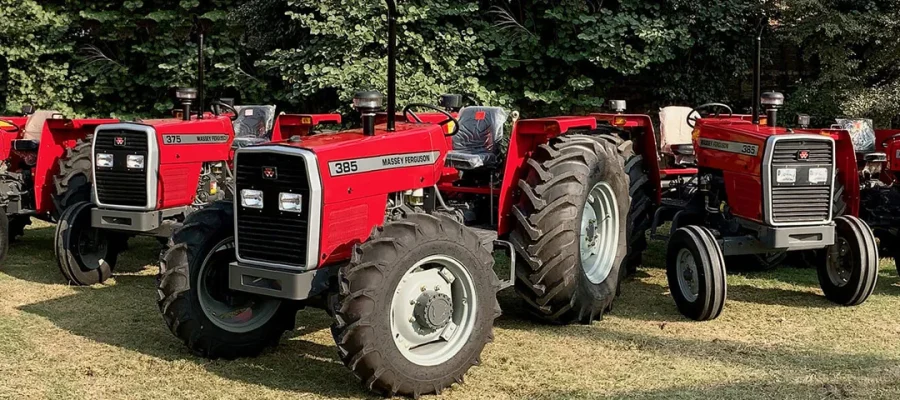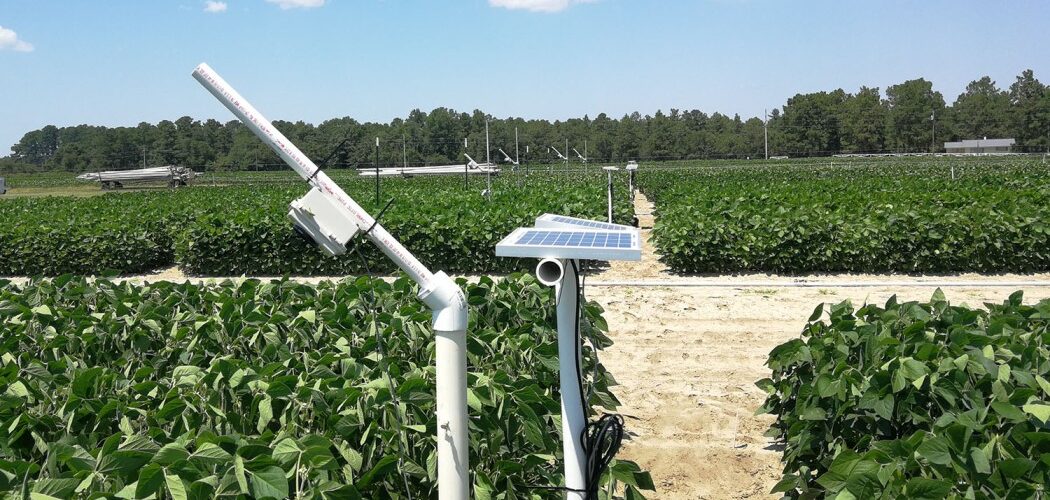
- May 26, 2025
- By: MF Tractors Botswana
- in: Agricultural Machinery, Agriculture Farming, Farm Equipment, Massey Ferguson Tractors

Botswana’s economy is heavily dependent on agriculture, particularly the production of field crops and animals. Botswana’s Ministry of Agricultural Development and Food Security has implemented new programs, policies, and other methods to aid farmers. These initiatives sought to improve agricultural development in order to foster a mentality in which farming is seen as a business in order to tackle the issue of food security in a way that differs from the conventional model. Initiatives’ aims have influenced the spread and improvement of agricultural machinery and technology across the globe.
Botswana’s government sees increased food production and security as a top priority, and one way to get there is by encouraging farmers to use modern agricultural machinery. Improvements in livestock breeds through artificial insemination and other methods, the introduction of new crop varieties and animal breeds, and the widespread use of modern agricultural machinery and technologies for crop management are just a few examples of the many technologies that have been introduced.
When it comes to implementing new technologies, farmers face a wide variety of obstacles that affect every facet of their lives. A farmer’s decision to adopt a new technology or innovation, and how long it takes them to make that choice. There are three institutional, social, and economic variables that may influence the rate of technology adoption. Additionally, the adoption of better technology is influenced by one’s social network and circle of friends.
Farmers often feel that their own education and expertise in farming are inadequate to fully grasp the technologies they use. People with higher levels of education are more likely to quickly embrace cutting-edge technology. This suggests that workers with higher levels of education are more likely to use computers on the farm or other agricultural machinery and have more experience doing so than their less-educated counterparts. Farmers’ organizations are necessary because they bring together farmers for the purposes of teaching, bargaining, “sharing knowledge,” and negotiating sales methods and government policy. Farmers benefited most from learning from the experiences of their peers, which is why it is important for farmers to join together in cooperatives and organizations.
The central idea emerged from discussions on how to best provide farmers with the infrastructure they need. Roads connecting farms, transportation, inputs, outputs, and communication all came up as necessities. Storage space is essential, as is farmer and extension service investment in research and development for the advancement of farms. Challenges in cold storage and other areas also exist for the agricultural sector. There is a real problem with the infrastructure’s unfavorable state, and more money has to be spent on infrastructure improvement in order to help agricultural progress. As a result, farmers are pushing for changes to be made to their fields.
When it comes to farming, a lot of problems may be traced back to the lack of agricultural machinery and the difficulty of gaining access to financial institutions. The difficulties of lack of cash, labor difficulty being a policy issue, banks not offering loans to farmers, and crop yield prices not rising while inputs costs are high were all identified. This could be because climate change increases the dangers and ambiguity of farming. It was also brought up that the Botswana Agricultural Marketing Board’s (BAMB) low pricing for agricultural commodities should be reevaluated. Botswana’s crop producers mostly sell their goods to the government-run Botswana Agricultural Marketing Board (BAMB).
A number of potential interventions were proposed to increase agricultural technology adoption in arable farming. These included providing more resources to farmers’ organizations in order to gain agricultural machinery, boost learning, raising producer prices to compensate for the high cost of production, enhancing the education and training of extension officers to better equip them to train farmers, and reevaluating policies that currently favor the agricultural sector.
Some groups of farmers have an easier time adapting to new technology and seeing positive results in their crop yields. Farmers’ associations aided in the spread of cutting-edge farming practices, agricultural machinery, and information exchange among farmers. Farmers’ associations are formed to advance the economic, political, and social interests of their members in order to guarantee the following: (i) farmers’ opinions are taken into account; (ii) farmers develop a sense of independence; (iii) farmers work together as one; (iv) farmers make a significant contribution to the nation’s food security; (v) farmers save money on inputs, machinery, and marketing by pooling their resources; (vi) farmers conserve natural resources like water and soil. When searching for more up-to-date agricultural machinery, Botswana farmers may find what they are looking for at Massey Ferguson Tractors Botswana, which offers brands like the Massey Ferguson tractor for sale, the New Holland tractor for sale, farm implements for sale and the Kubota combination harvester. This allows Botswana’s agricultural sector to make better use of its tractor equipment, which in turn increases productivity.

Post a Comment